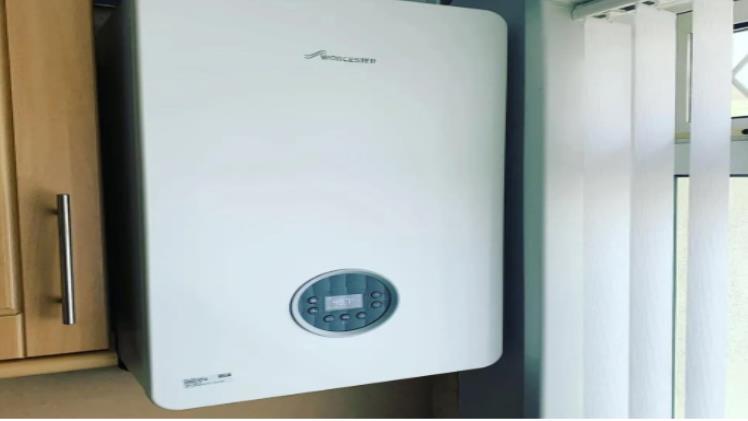Everything You Need to Know About Boiler Installation
Boiler installation is a critical task for homeowners looking to upgrade or replace their heating systems. A well-installed boiler can improve energy efficiency, reduce heating costs, and ensure your home stays warm during the colder months. In this guide, we’ll cover the essential aspects of boiler installation, including the types of boilers, the installation process, and tips for avoiding common mistakes.
Why Boiler Installation is Important
A properly installed boiler is essential for efficient heating and hot water supply. Incorrect installation can lead to energy inefficiency, higher utility bills, and even potential safety hazards. Whether you’re installing a new boiler or replacing an old one, it’s crucial to choose a professional boiler installation service to ensure everything is set up correctly and safely.
Types of Boilers for Your Home
Choosing the right boiler is the first step in the installation process. There are several types of boilers, each suited for different needs:
- Combi Boilers: These boilers combine a central heating system and a water heater in one unit. Ideal for smaller homes with limited space, combi boilers are efficient and easy to install.
- System Boilers: These boilers store hot water in a cylinder, making them ideal for homes with higher hot water demands. They are a great option for larger homes with multiple bathrooms.
- Conventional Boilers: Also known as regular or heat-only boilers, these systems require both a hot water cylinder and a cold water tank. They are suitable for homes with high water demand and multiple bathrooms.
A professional installer can help you choose the right boiler based on your home’s needs and size.
The Boiler Installation Process
The process of boiler installation typically involves several key steps:
- Initial Survey: A qualified engineer will assess your home’s heating and hot water requirements, inspect your existing system (if applicable), and determine the best boiler type for your needs.
- Old Boiler Removal: If you’re replacing an old system, the engineer will safely remove the existing boiler and disconnect it from the gas supply, water pipes, and electrical connections.
- New Boiler Installation: The engineer will install the new boiler, ensuring it’s securely connected to your gas supply, water lines, and heating system. The installation may also involve installing a new flue or vent.
- System Testing: After installation, the engineer will test the new system to ensure it operates efficiently. This includes checking the heating, hot water, and safety features.
- Post-Installation Instructions: Once the installation is complete, your engineer will provide you with essential maintenance tips and advice on how to use your new system effectively.
Avoiding Common Boiler Installation Mistakes
There are a few common mistakes homeowners should avoid during boiler installation:
- Choosing the Wrong Size Boiler: An incorrectly sized boiler can result in inefficiency and higher energy bills. A professional engineer will help you select the right size based on your heating needs.
- Improper Boiler Placement: The location of your boiler can affect its performance. It should be placed in an accessible area with proper ventilation and clear space for maintenance.
- Neglecting Regular Maintenance: Regular servicing is crucial to keep your boiler running efficiently. Failing to maintain your boiler can lead to breakdowns and costly repairs.
The Cost of Boiler Installation
The cost of boiler installation varies depending on several factors, including the type of boiler, the complexity of the installation, and the company you hire. On average, homeowners can expect to pay for the boiler itself, installation labor, and any necessary system upgrades (such as a new gas line or water pipes). It’s important to get a few quotes from qualified installers to ensure you’re getting a competitive price.
Why Hire a Qualified Engineer?
While it may seem tempting to install the boiler yourself or hire an unqualified individual to cut costs, this is a risky approach. A professional boiler installation engineer ensures that your system is installed safely, efficiently, and in compliance with local regulations. Certified engineers are trained to handle gas systems and other complex elements, reducing the risk of faulty installation and potential safety hazards.
Conclusion
Proper boiler installation is crucial for the comfort and efficiency of your home. By choosing the right boiler, working with a qualified installer, and ensuring that the installation process is done correctly, you can enjoy a reliable heating system for many years to come.







